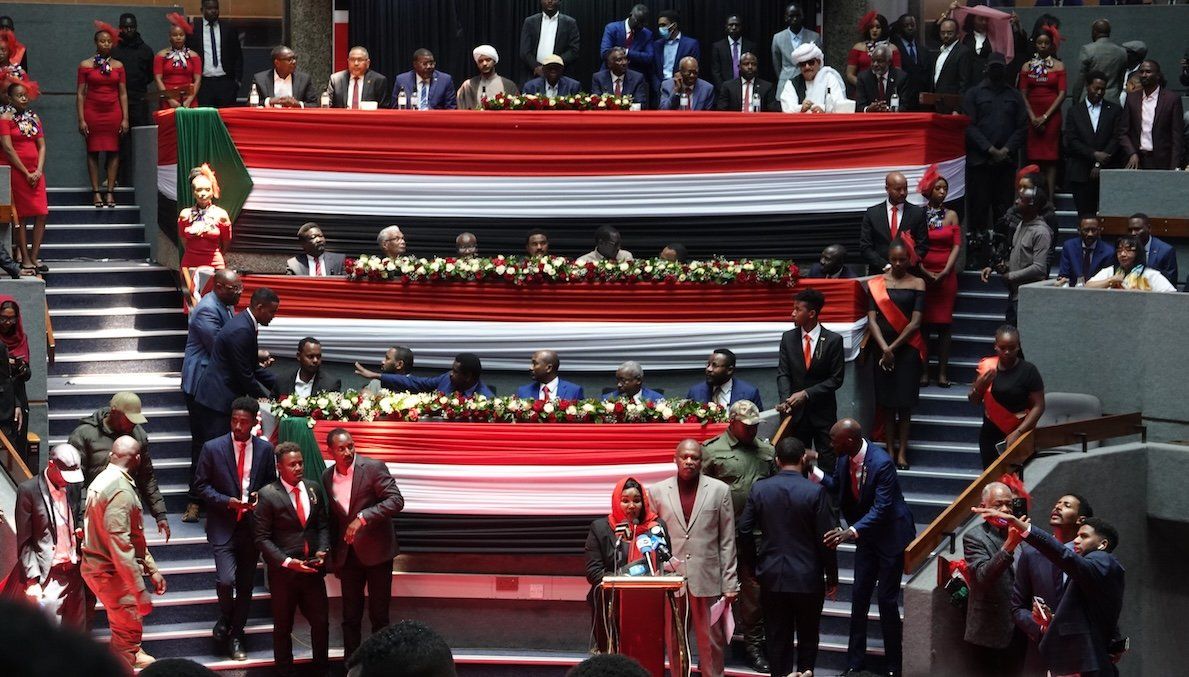After nearly two years of armed conflict, Sudan’s rebel Rapid Support Forces, or RSF, signed a charter with allied groups on Saturday to establish a “government of peace and unity” in territories now under their control. The signing took place behind closed doors in Nairobi, Kenya, prompting Sudan torecall its ambassador and accuse Kenyan President William Ruto of “encouraging a conspiracy” that could permanently partition the country, along the lines of Libya and Yemen.
Who’s in on the deal? In addition to the RSF, signatoriesincludeAbdelaziz al-Hilu, leader of a faction of the Sudan People’s Liberation Movement-North, which controls much of South Kordofan and Blue Nile states, and Abdel Rahim Daglo, deputy and brother of RSF commander Mohamed Hamdan Daglo.
What is next? The government's formation will reportedly
be announced from inside Sudan this week, but it is unlikely to get widespread international recognition. The RSF stands
accused of genocide in a war that the United Nations estimates has killed over 24,000 people and driven 14 million people from their homes. Meanwhile, the Sudanese army has
intensified its military operations, recently regaining control of el-Gitaina and
breaking the RSF’s siege of the key southern state capital of el-Obeid, and it may be on the verge of
retaking the capital of Khartoum in the next few days.
